
Blog
Incisive commentary from RAP experts
RAP experts keep their finger on the pulse of the energy sector and provide timely analysis of topics impacting stakeholders TODAY.
Filter >>
Content Filter:
August 12, 2016
Excess Coal Generation Capacity and Renewables Curtailment in China: Getting With the Plan
In recent months, the Chinese government has issued several high-profile policy statements directed toward the twin challenges of renewable energy curtailment and runaway investment in coal-fired capacity. These new policies appear to signal policymaker interest in dealing with… View Summary +
August 9, 2016
The Duck is Learning to Fly in California and Hawaii
- Jim Lazar
I took a look at electricity data recently from California and Hawaii and I saw a duck that was learning to fly. Well, what I saw was that the so-called Duck Curve–the load shape some grid operators… View Summary +
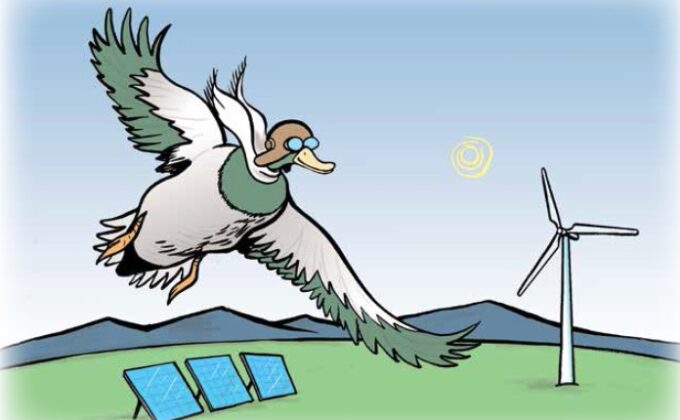
August 3, 2016
Gdzie się zmieści Polska w nowym modelu rynku energii w UE?
- Edith Bayer ,
- Joanna Maćkowiak-Pandera
Zamiast kosztownych mechanizmów pomostowych w rodzaju operacyjnej rezerwy, należy poprawić efektywność sektora i określić długofalową wizję rozwoju energetyki. Europejski system energetyczny znajduje się fazie transformacji, która jest wywoływana potrzebą modernizacji, postępem technologicznym oraz koniecznością redukowania emisji: Według założeń Komisji Europejskiej… View Summary +

July 27, 2016
The Case for Market Monitoring—A Key to Successful Electricity Markets
- Sarah Keay-Bright
The European Commission wants households and business consumers “to be at the heart of” the EU’s upcoming European energy market reforms. This priority, which the European Council and European Parliament seem to support, makes sense as the potential gains for… View Summary +
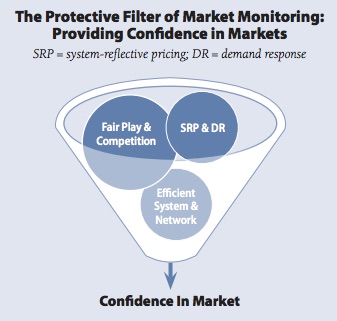
July 27, 2016
EU Vehicle CO2 Standards: Redesign for Power System and EV Synergies
- Sarah Keay-Bright
The EU’s upcoming CO2 standards for light-duty vehicles (LDVs) provide an opportunity to accelerate modernisation and decarbonisation of both the transport and power sectors. This presents a one-time opportunity to boost EU global competitiveness. Adapting these standards to take… View Summary +
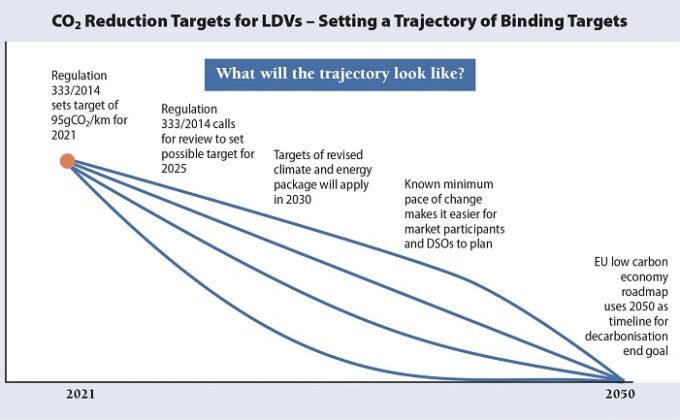
July 20, 2016
We Need a Lorry-Load of Energy Savings; in the new ECO, the Government Delivers a Hatchback
The United Kingdom was once a world leader in energy savings. We proved that investing in buildings, insulating lofts, and switching to efficient boilers, motors, and lighting created jobs, saved money, and lowered the environmental costs of energy systems. But… View Summary +
July 7, 2016
Hot Showers and Cool Rides: Wind, Sun, and the Duck Curve
- Jim Lazar
As we look out over the power sector transformation that is unmistakably upon us, there are those who warn of the sacrifices, the risks, and the costs that could come with more and more intermittent electricity generation—wind… View Summary +
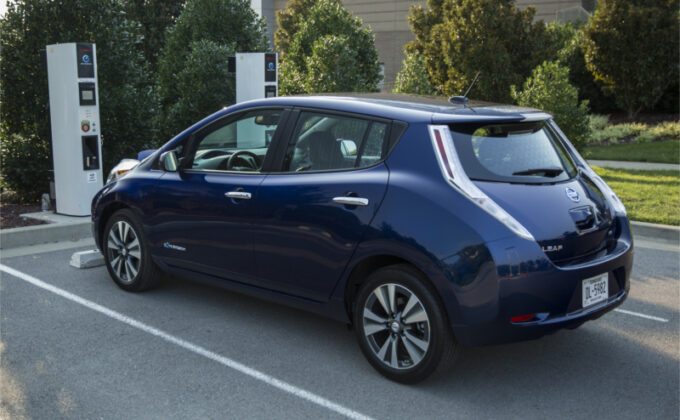
June 20, 2016
Lighting the Path to a Brighter Future
- John Shenot
With so many attention-grabbing headlines coming from sunny places like Nevada, Arizona, California, and Hawaii, one could easily be led to think that’s where all of the solar… View Summary +
May 10, 2016
Carbon Markets: Learning from the Past, Looking to the Future
- David Littell
Neo-classical economics tells us that markets reduce costs and increase social welfare. It also teaches that pollution not properly accounted for is a classic economic externality. That is, if clean air and clear water are not properly valued, degrading… View Summary +
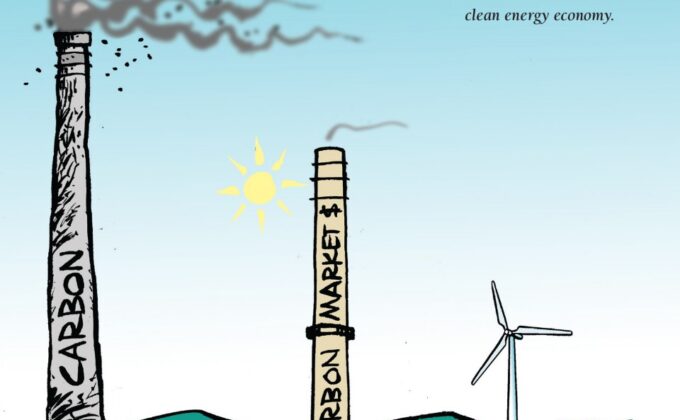
April 28, 2016
Energy Efficiency in the UK: Time to Get Out of Reverse Gear
In recent years across the UK, citizens, government, and the business community have all demonstrated a willingness to lead the world in the fight against climate change. So the mystery today is: Why is the UK walking away from energy… View Summary +
